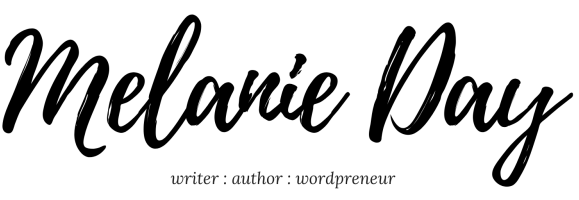In mythical terms, the writers equivalent to the search for the Holy Grail must surely be, “How can I write better?”.
Endless articles, books and courses are created with this one objective in mind.
Experts and academics pontificate on methodology, technique, process.
Even iconic writers contribute to providing a solution by producing their own guide, from Stephen King’s “on Writing” to “The Artists Way” by Julia Cameron. Any writer worth their salt and ego have attempted to solve the problem.
The most pithy analysis to becoming a better writer has to come from Brian Clark from Copyblogger.com.
For me, it is 80% of the solution. By writing as an habitual and consistent practice, you are more likely to hone your craft, especially if you seek feedback and critique.


With all the lengthy writing pieces Brian has on Copyblogger, I’m surprised this is what he came up with for an infographic! 🙂
Yes, your writing gets better as you practice the skill, but I disagree with #8. If you don’t have anything “valuable” to say, you shouldn’t write. YES, you want to write for your audience, but do it with a frame of mind of enjoyment.
If you don’t enjoy writing that day, your heart isn’t in it. When that happens, people can tell your writing is forced. Do NOT force your pen to move – readers can detect your resistance. AND if you didn’t enjoy writing it, how can you expect people to enjoy reading it?
It’s more about building the habit for me, Bonnie. We all know how easy it is to fall out of good habits. I know a lot of writers who study and research writing but rarely put pen to paper because they’re afraid. By writing habitually, you build the habit and practice. Now, whether you should publish what you write ….
Love the infographic, it’s very inspirational. However, I’m not sure I could write even when I don’t want to or when I don’t have something to say. To me it would show right through and nobody wants to read that. Of course, maybe he just means for yourself and not something to be published…but even that…I would hate. But I get the concept…write, write, write, write and write some more. That message I love.
You got it, Misty. Get the habit going if writing is your thing, then improve on the quality so it’s readable 🙂
I would add a side note to the “write when you don’t want to”- to proof read carefully. If your hearts not in it, it may not be your best work.
Yep, assuming you choose to publish what you’ve written. That may not be the case – sometimes it’s best left as a draft! Thanks for stopping by.
Maybe on the days when you don’t really have something to say. it’s a case of “write but please don’t publish that drivel” LOL
Absolutely, Ana. There’s a difference between writing and publishing – not everything you write is worthy of being read. Regrettably way too many people hit that publish button way too soon!
Good infographic to share, Melanie. I do believe in writing everyday, but I don’t think writers (or bloggers) should necessarily post everyday. Sometimes, you really do need to leave your work alone for a day or two before posting it.
Fully with you there, Avery! Thanks for popping by.
I fell out of the habit, and it’s hard to get back in! Yes, write when you don’t want to or even when you have nothing to say – no one says it has to be published 🙂
Too true, Jan. Thanks for being here.
Melanie, I laugh when folks warn against burning out, if you write frequently. You’ll IMPROVE your writing skills by writing a bunch. Thanks!
Can’t disagree with that, Ryan 🙂